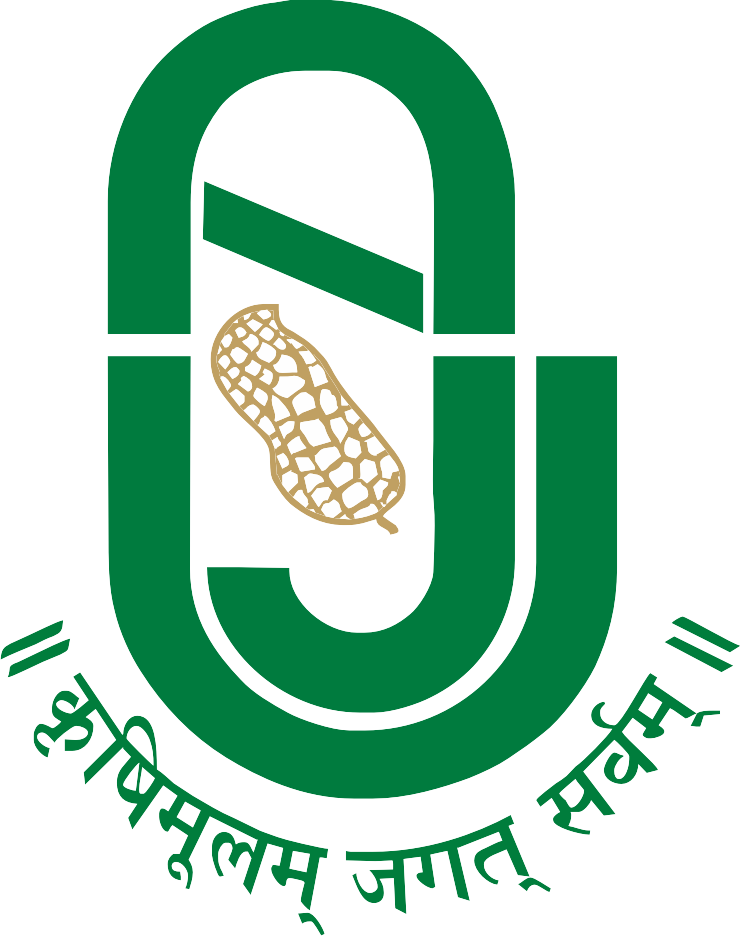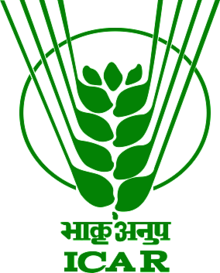Five Day Vocational Training Programme on "Problems and Prospects in Palm Tissue Culture and Cryopreservation "
Start Date: March 2, 2020
End Date: March 6, 2020
Venue: Conference Hall, College of Agriculture, Junagadh Agricultural University, Junagadh
- To enhance knowledge of UG student in the field of plant tissue culture with special emphasis on palm tissue culture and cryopreservation
Description:
Palms are among the best known and most extensively cultivated plant families. They have been important to humans throughout history. The palm tree has played a major role in agriculture and handicraft. From its root to pith to its tender leaves each part has immense use. Major palms which are popular in India are Coconut, Date palm, Oil palm, Palymyra palm, Bottle palm, Areca nut, Fishtail palm, Fox tail palm, Hoka palm etc. Its use includes either in the form of oil, refreshment drink, dryfruit, sugar, landscaping, mouth freshener, shelter material, cosmetics etc. Most of them are either monoecious or dioecious and have no or slow vegetative propagation mechanism. This limits their speed of multiplication to get true to type plants. Tissue culture can play an important role in overcoming these problems but there has been very less success and exploitation of the technique as far as palm tissue culture is concerned in India. The technique needs to be evolved in different varieties of different palms, so that mosaic pattern of cultivation can be promoted to mitigate the futuristic reduction in genetic diversity and to reduce the chances of boom and bust cycle. Maintaining genetic diversity and exchange of genetic material can be facilitated by cryopreservation. Many commercially important palms are having recalcitrant and large seeds, more over palms have large canopy, creating difficulty in their conservation. The scope of date palm and coconut is increasing day by day in Saurashtra region and the demand/scope of Palmyra palm and oil palm is booming up in south Gujarat and central Gujarat, respectively. The theme of training can be a motivator in facilitating the identification of problems and prospects in palms and will open a way in resolving these issues.
Contact Person Details:
Dr. M A Vaddoria, I/C. Principal & Co-PI (NAHEP-IDP)



